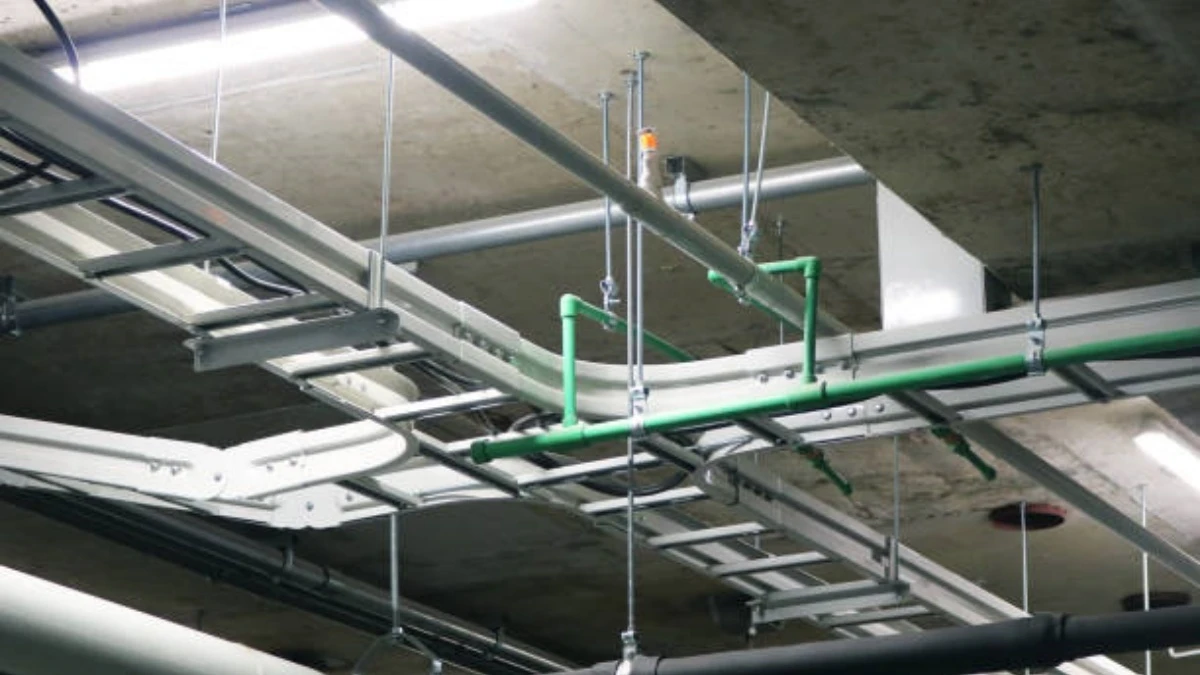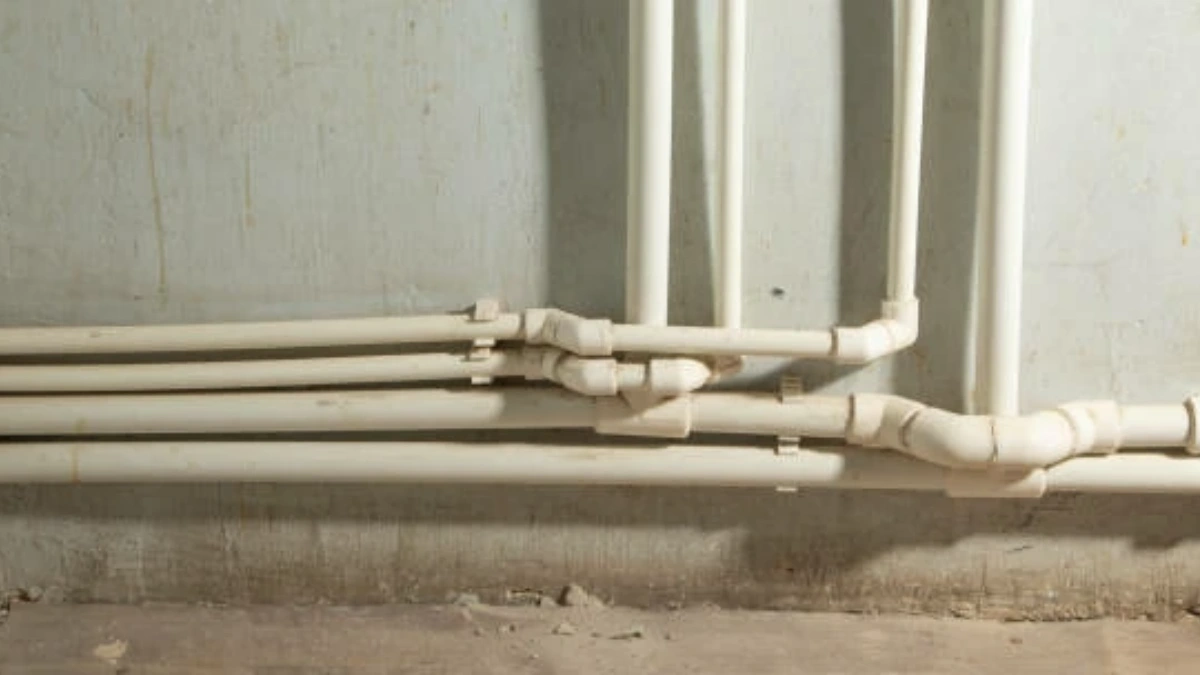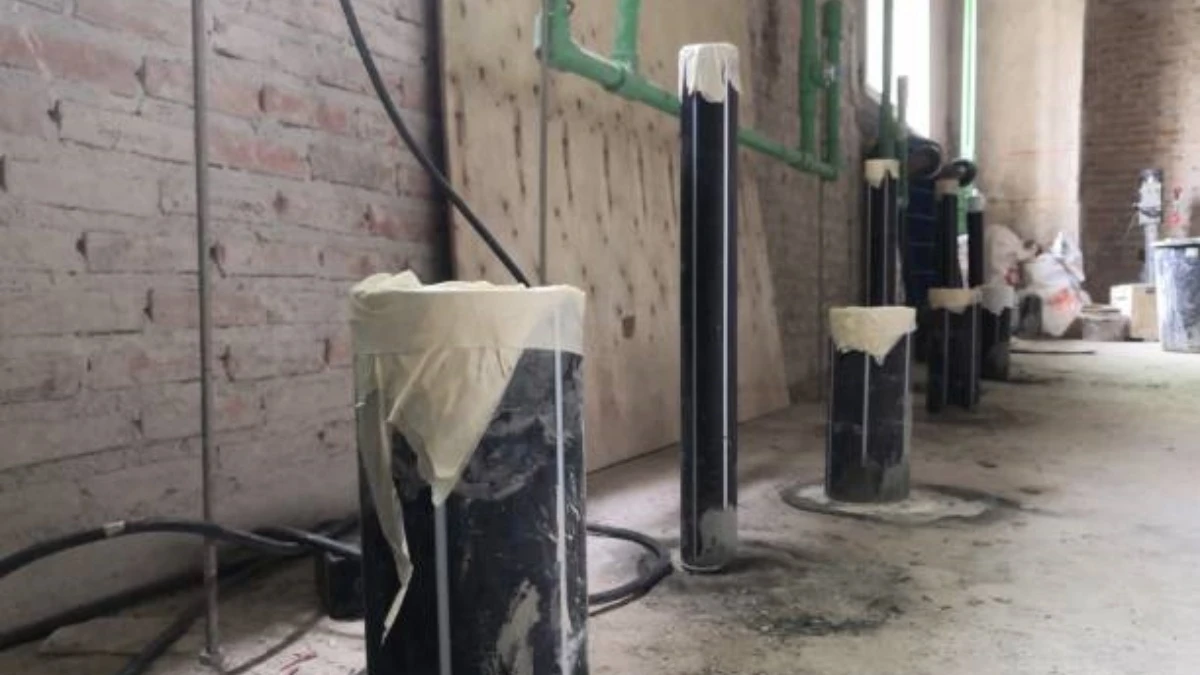The Hannibal Board of Public Works (HBPW) has announced plans to replace a malfunctioning fire hydrant valve on Monday, a critical step to maintaining the city’s water infrastructure. The repair will temporarily disrupt water service in the affected area, and a precautionary boil order will follow to ensure public health and safety. This proactive maintenance highlights the importance of functional fire hydrant valves in supporting firefighting efforts and safeguarding water quality.
The Role of Fire Hydrant Valves in Water Systems
A fire hydrant valve controls the flow of water from the hydrant, enabling fire departments to access a steady water supply during emergencies. Beyond firefighting, these valves play a crucial role in maintaining water pressure and isolating sections of the water network for repairs.
When a fire hydrant valve malfunctions, it can lead to:
- Reduced efficiency during firefighting.
- Water pressure imbalances in the surrounding area.
- Delays in repairing other parts of the water system.
HBPW’s decision to replace the faulty valve demonstrates a commitment to ensuring the community’s safety and maintaining the reliability of essential infrastructure.
Details of the Valve Replacement Project
1. Planned Repairs
HBPW crews will replace the fire hydrant valve in a designated area on Monday. The process requires shutting off water to the surrounding neighborhood temporarily, enabling workers to access and replace the valve safely.
2. Boil Order Announcement
Following the repair, a precautionary boil order will be issued for affected residents. This step ensures that any potential contaminants introduced during the repair process are neutralized before water is deemed safe for consumption.
3. Timeframe
- Water Shutdown: Scheduled for a few hours during the day.
- Boil Order: Typically in effect for 24–48 hours, depending on water quality test results.
HBPW will notify residents when the boil order is lifted and water service is fully restored.

Why Is Replacing a Fire Hydrant Valve Necessary?
Ensuring Fire Safety
Functional fire hydrant valves are vital for emergency response teams. A faulty valve can hinder access to water during a fire, jeopardizing lives and property.
Preventing Water System Issues
Malfunctioning valves can cause pressure irregularities, leading to leaks or bursts in the water distribution system. Proactive replacement prevents larger, more costly problems.
Maintaining Water Quality
During repairs, contaminants can enter the system. Replacing damaged valves ensures a sealed, hygienic water distribution network, reducing long-term risks to public health.
Challenges of Fire Hydrant Valve Replacement
1. Disruption to Water Service
Shutting off water temporarily affects residents and businesses, especially in high-demand areas. Clear communication helps minimize inconvenience.
2. Boil Orders
While necessary, boil orders can be inconvenient. Residents need to boil water for cooking, drinking, and hygiene until the order is lifted.
3. Aging Infrastructure
Replacing valves in older systems can be more complex, as surrounding pipes may also require repairs or reinforcements.
How HBPW Manages Repairs and Community Communication
HBPW follows a structured approach to minimize disruptions:
- Pre-Repair Notifications: Residents receive advance notice of water outages and boil orders.
- Efficient Scheduling: Repairs are scheduled to minimize impact, often during low-usage hours.
- Post-Repair Testing: Water samples are tested for safety before lifting the boil order.
- Real-Time Updates: HBPW uses local media, social media, and direct communication to keep residents informed.
Benefits of Proactive Maintenance
Investing in regular maintenance and timely repairs of fire hydrant valves provides long-term advantages:
1. Enhanced Fire Safety
Replacing faulty valves ensures firefighters have reliable access to water during emergencies, reducing response times and potential damage.
2. Improved Water Pressure Stability
Well-maintained valves prevent pressure imbalances, ensuring consistent water flow across the system.
3. Reduced Emergency Repairs
Proactive valve replacement prevents unexpected system failures, saving time and money.
4. Safeguarded Public Health
By following boil orders and testing water quality, HBPW protects residents from contaminants during repairs.
Steps Residents Should Take During a Boil Order
During a boil order, affected residents should:
- Boil water for at least one minute before using it for drinking, cooking, or brushing teeth.
- Use bottled water if boiling is not feasible.
- Avoid using ice made from unboiled tap water.
- Follow updates from HBPW to know when the order is lifted.
These precautions ensure that water is safe for consumption until the system is fully operational.
Conclusion
The Hannibal Board of Public Works’ decision to replace a fire hydrant valve demonstrates the importance of maintaining a reliable water distribution network. While temporary disruptions and boil orders may inconvenience residents, these efforts ensure long-term safety, efficiency, and public health. Through proactive maintenance, HBPW continues to prioritize the needs of the community and the integrity of its water infrastructure.
FAQs
1. Why is a boil order necessary after replacing a fire hydrant valve?
A boil order ensures that any potential contaminants introduced during the repair process are neutralized, keeping the water safe for consumption.
2. How long does a boil order usually last?
Boil orders typically last 24–48 hours, depending on water quality test results. Residents are notified when the order is lifted.
3. What happens if a fire hydrant valve is not replaced?
A faulty valve can hinder firefighting efforts, disrupt water pressure, and increase the risk of leaks or contamination.
4. How can residents stay informed about water service updates?
HBPW provides updates through local media, social media, and direct notifications to affected residents.
5. Are fire hydrant valve replacements common?
Yes, regular inspections and replacements are part of maintaining a city’s water infrastructure and ensuring reliability during emergencies.


















